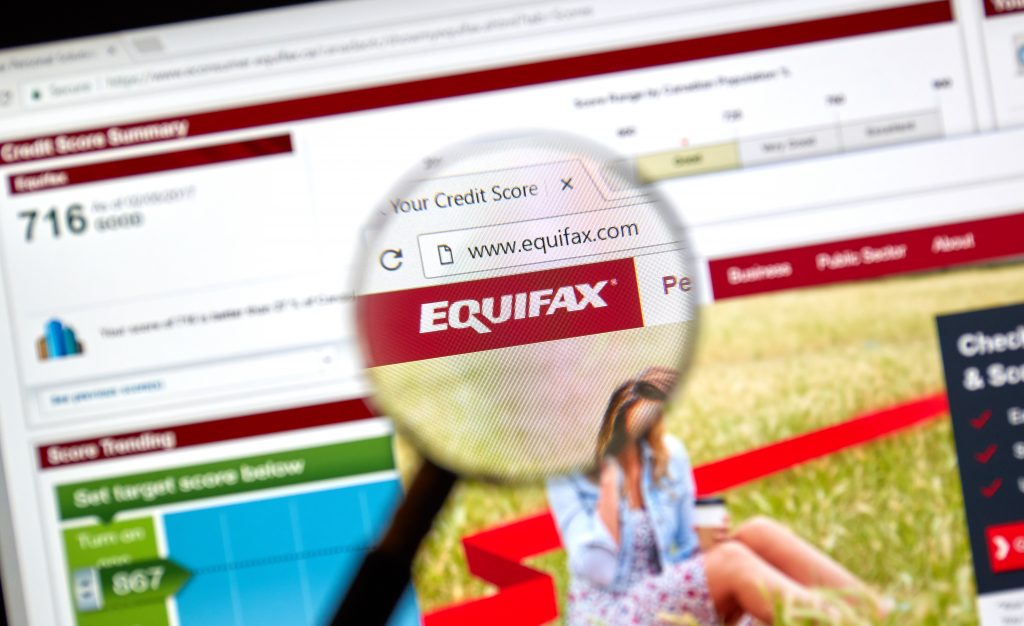Is my credit scores actually important? What is it really for?
To begin, we’re going to define the difference between a credit file/report and a credit score.
A credit report holds a variety of information about you, including both personal and financial elements. An assessment of your financial position is made using both the positive and negative data on your credit report. The outcome of this assessment is presented as a number which acts as a snapshot for the entire report. This number is your credit score and it appears on the front page of your credit report.
Your credit score, therefore represents your past and current financial position. It gives lenders (the bank) an insight as to what kind of customer you may be. For example, if you have a high score then the bank will be more inclined to lend to you because you have a positive history in borrowing (and repaying) money.
Lenders use a combination of your credit score and the details from your credit report to determine whether they want to lend to you. Your credit score and credit report are important because they can be the difference between getting a loan approved or declined.
So what is considered to be a good credit score?
When considering the various credit reporters in Australia, there are many different standards of a ‘good’ credit score. Fortunately, Equifax is a credit reporter in Australia that largely dominate the market. So, we use their standards as a benchmark and refer to their product when discussing specifics throughout this article.

Equifax credit reporting can present a score between 0 and 1200. So the higher your score, the better. Most lenders would consider a credit score of 600 to be sufficient. Whereas having a score of approximately 800 would be considered above average. A client with a higher credit score is more desirable to lenders because they are seen as ‘less risky’. There are some lenders willing to provide finance for scores lower than 600. But unfortunately, they usually charge significantly higher interest rates to compensate for the risk they are taking on.
What if I have a bad credit score?
If you currently have a bad credit score then you’ll be pleased to hear that you have the ability to make it better! Comprehensive credit reporting was introduced into Australia in 2014. This means that all of your positive interactions with loans and repayments are now recorded on your credit file. Whereas it used to be that only negative interactions were recorded. So, repaying credit cards on time actually increases your score. Whilst defaulting on credit card repayments reduces your score.
How do I find out what my credit score is?
You can find your credit report online and view it for free annually here. It’s a great idea to utilise your yearly checks so that you can understand more about your credit file and how it’s impacted throughout the year. This also enables you to identify and rectify any misinformation or wrongfully recorded data such as personal details or missed repayments and defaults. You will essentially have the information needed to better your credit score and track it’s improvement.

Recent Comments